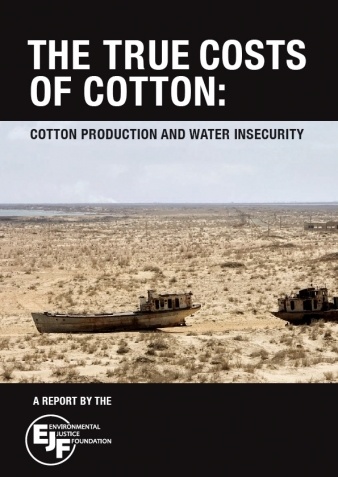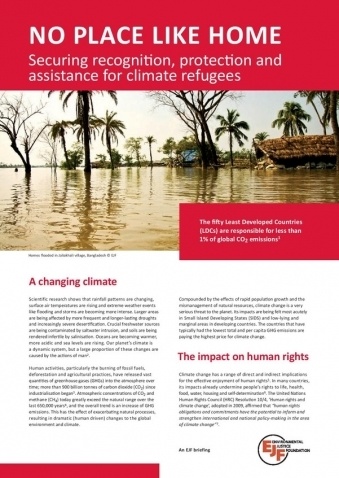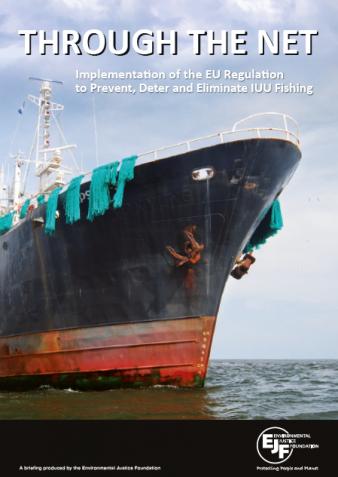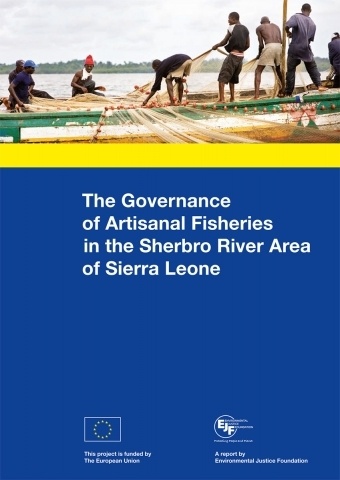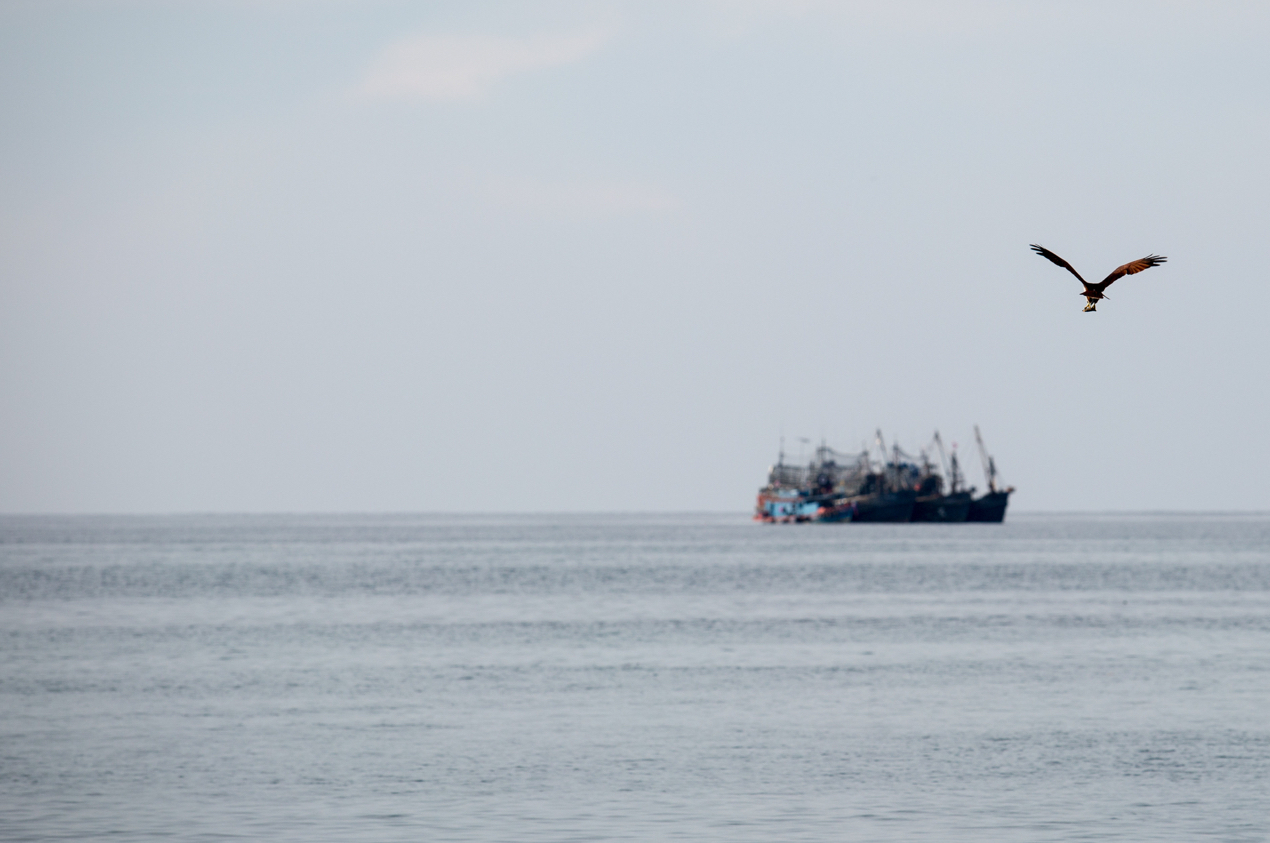
Search results
Showing 1441-1480 result returned for ""
-
Films
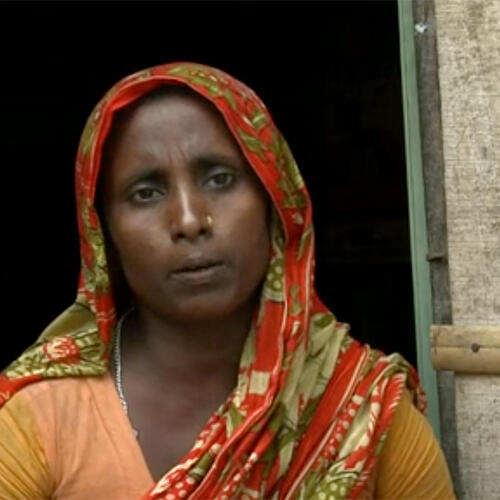 Sep 20, 2012Home Truths: Taslima BegumRead
Sep 20, 2012Home Truths: Taslima BegumReadHome Truths: Taslima Begum
There's No Place Like Home: Campaigning for environmental security and human rights
Each year, millions of people are forced from their homes and land by climate-related natural disasters. Some of these people are displaced by sudden onset storms and flooding, others by longer term hazards such as drought and desertification. Most live in the world’s poorest and most vulnerable countries. Many face an uncertain future, with nowhere to go and no means to survive.
EJF works to raise awareness and improve the well-being and welfare of these climate refugees. We campaign for a new, legally-binding instrument for their legal recognition, protection and assistance.
-
Films
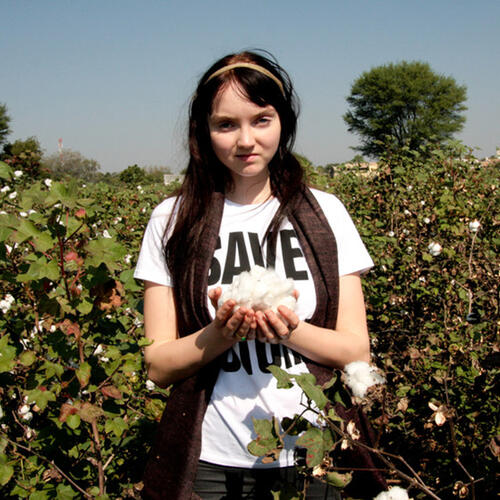 Sep 19, 2012A Model Supply ChainRead
Sep 19, 2012A Model Supply ChainReadA Model Supply Chain
Actor and supermodel Lily Cole visits the cotton fields, gin, dye-house and factory where EJF's climate-neutral t-shirts are made. Designed by some of the greatest designers in contemporary fashion industry, EJF's t-shirts are produced using a process that is low-carbon, energy-efficient, organic, and simply revolutionary.
-
News & Media
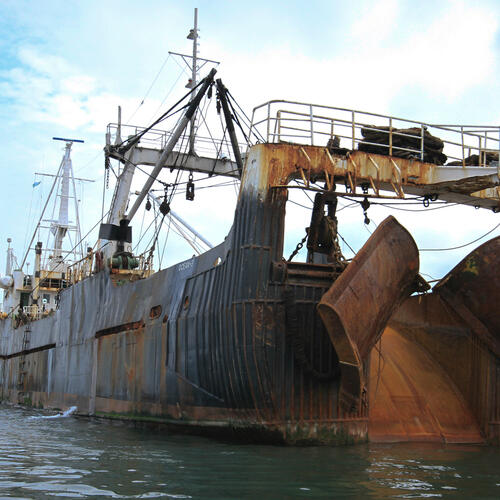 Sep 19, 2012Massive clamp-down on illegal fishing in Sierra LeoneRead
Sep 19, 2012Massive clamp-down on illegal fishing in Sierra LeoneRead -
Films
 Sep 18, 2012Message in a BottleRead
Sep 18, 2012Message in a BottleReadMessage in a Bottle
What do you think should be done to Save the Sea? Visit the London Aquarium at the London Zoo and leave your message in our bottle.
-
News & Media
 Sep 18, 2012EJF opens ‘Just’ Pop Up shop on Carnaby StreetRead
Sep 18, 2012EJF opens ‘Just’ Pop Up shop on Carnaby StreetRead -
Films
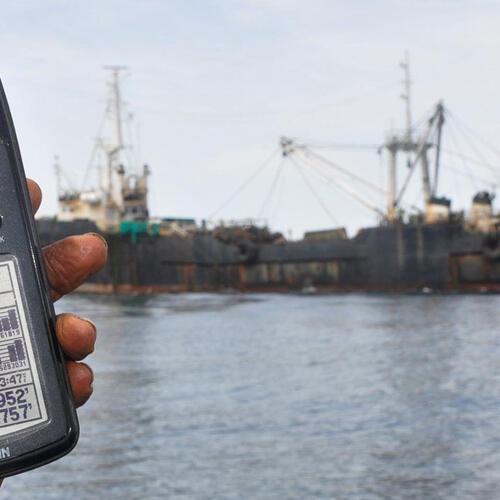 Sep 17, 2012Pirate Fishing: What's the Catch?Read
Sep 17, 2012Pirate Fishing: What's the Catch?ReadPirate Fishing: What's the Catch?
This short film explains the impacts of illegal fishing in West Africa and beyond: depletion of fish stocks, destroying marine ecosystems, and jeopardising the livelihoods of local communities.
Illegal, Unreported and Unregulated (IUU) fishing, otherwise known as pirate fishing, depletes fish stocks, destroys the sensitive marine ecosystems, puts legitimate fishers at an unfair disadvantage and jeopardises the livelihoods of some of the world’s poorest people.
With thanks to the sound studio 4AM Productions.
-
Films
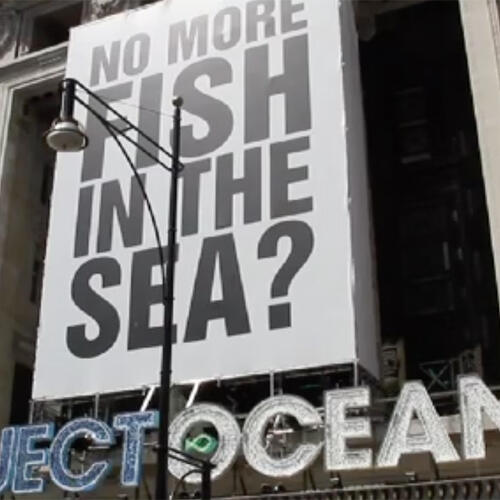 Sep 17, 2012EJF's 'What's the Catch?' at Project Ocean Selfridges 2011Read
Sep 17, 2012EJF's 'What's the Catch?' at Project Ocean Selfridges 2011ReadEJF's 'What's the Catch?' at Project Ocean Selfridges 2011
EJF's 'What's the Catch?' at Project Ocean Selfridges 2011.
-
News & Media
 Sep 17, 2012Cyclists complete ride to Brighton for EJF!!Read
Sep 17, 2012Cyclists complete ride to Brighton for EJF!!Read
-
Films
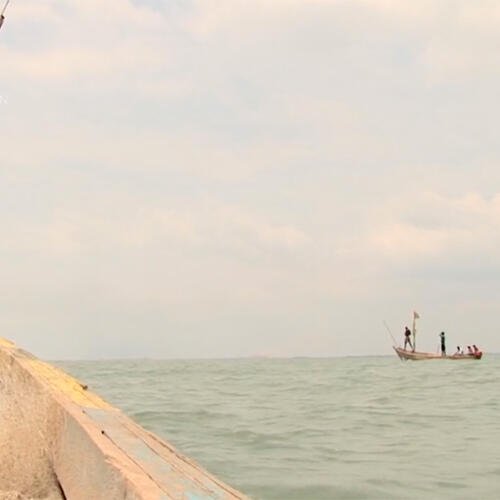 Sep 16, 2012All At SeaRead
Sep 16, 2012All At SeaReadAll At Sea
An EJF film that exposes the abuse of human rights on illegal fishing vessels.
Illegal, Unreported and Unregulated (IUU) fishing, or pirate fishing, has been recognised as one of the major threats to the world's fish stocks. However, the focus so far has mostly been on the impacts on marine life and on local fishing communities. While these problems are extremely serious, there's one more that is rarely reported: human rights violations. Escaping regulatory checks on their catches, IUU vessel operators frequently get away with seriously abusing the human rights of their crews.
In this film, we look at the conditions in which people on board vessels that engage in pirate fishing live and work.
All at Sea was screened at the 13th UN Association Film Festival in 2010.
Soundtrack by Tom Strang.
With thanks to the sound studio 4AM Productions.
-
Films
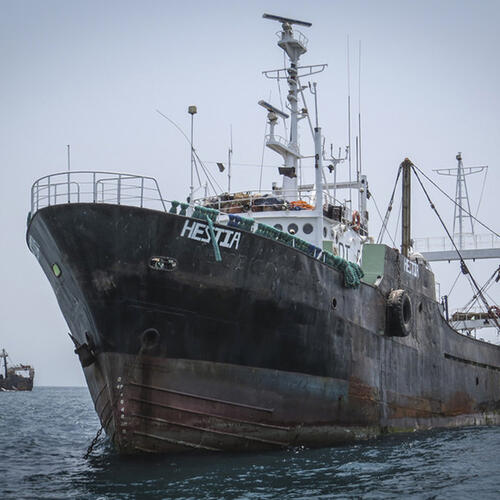 Sep 15, 2012Pair Trawling: Frontline ViewRead
Sep 15, 2012Pair Trawling: Frontline ViewReadPair Trawling: Frontline View
The first video produced by EJF's Sierra Leonean staff who campaign against the lift of the ban on pair trawling, a method of fishing that severely damages marine environments.
Pair trawling - where two boats tow one massive net - is an indiscriminate fishing method, highly destructive to the ocean floor and marine life. Many endangered species, such as sea turtles and seahorses, are caught in the nets and then discarded of as by-catch. Dropped back to the sea dead or dying, they become yet another sad statistic related to pirate fishing.
After their training in camera and editing techniques, EJF staff in Sierra Leone produced their first video in June 2012. This short film on pair trawling in Sierra Leone was broadcast on national TV.

Supported by the European Union
-
Films
 Sep 14, 2012Grenada and Climate Change: A Prime Minister's PerspectiveRead
Sep 14, 2012Grenada and Climate Change: A Prime Minister's PerspectiveReadGrenada and Climate Change: A Prime Minister's Perspective
EJF interviews Tillman Thomas, the Prime Minister of Grenada, about the impacts of climate change that are already being felt in Grenada, and the commitments that countries should make to lower their carbon emissions.
-
Films
 Sep 13, 2012A Philosopher's ThoughtsRead
Sep 13, 2012A Philosopher's ThoughtsReadA Philosopher's Thoughts
In this short clip, EJF interviews Dr James Garvey, author and philosopher at the Royal Institute of Philosophy and editor of The Philosophers' Magazine, on the meaning and importance of a "home", and the human impacts of climate change.
This video is part of a series of interviews with philosophers, scientists, heads of state, and academics on migration and climate change, curated and produced for the Hay Festival Maldives 2010.
-
Films
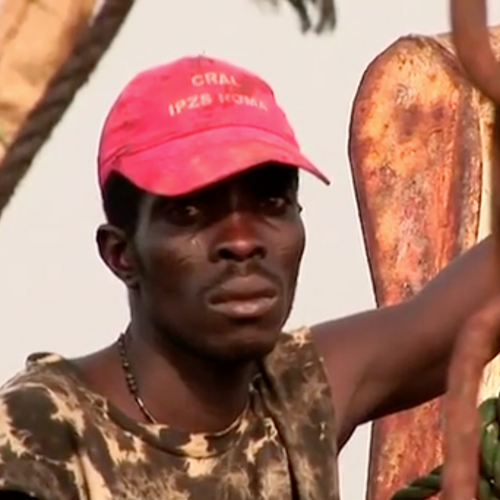 Sep 12, 2012All At Sea (Short Version)Read
Sep 12, 2012All At Sea (Short Version)ReadAll At Sea (Short Version)
Illegal, Unreported and Unregulated (IUU) fishing, or pirate fishing, has been recognised as one of the major threats to the world's fish stocks. However, the focus so far has mostly been on the impacts on marine life and on local fishing communities. While these problems are extremely serious, there's one more that is rarely reported: human rights violations. Escaping regulatory checks on their catches, IUU vessel operators frequently get away with seriously abusing the human rights of their crews. In this film, we look at the conditions in which people on board vessels that engage in pirate fishing live and work.
All at Sea was screened at the 13th UN Association Film Festival in 2010.
Soundtrack by Tom Strang.
With thanks to the sound studio 4AM Productions.
-
News & Media
 Sep 11, 2012Whole Foods to launch exclusive Christmas candle produced by Isle of Skye Candle Company in support of EJFRead
Sep 11, 2012Whole Foods to launch exclusive Christmas candle produced by Isle of Skye Candle Company in support of EJFRead -
News & Media
 Sep 11, 2012Lush Germany and Holland select EJF as the latest charity to benefit from their Charity Pot SchemeRead
Sep 11, 2012Lush Germany and Holland select EJF as the latest charity to benefit from their Charity Pot SchemeRead -
Films
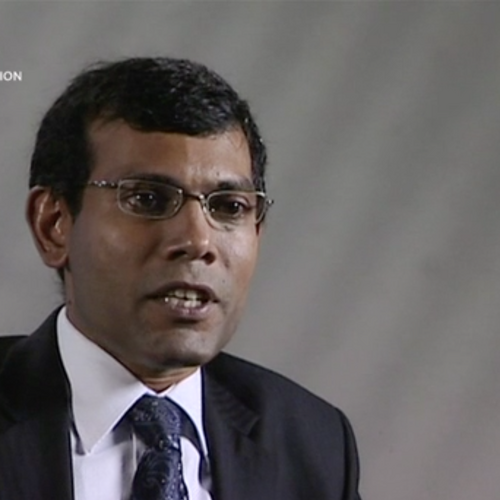 Sep 11, 2012The Maldives: Fighting for SurvivalRead
Sep 11, 2012The Maldives: Fighting for SurvivalReadThe Maldives: Fighting for Survival
In this video interview with EJF, former President Mohamed Nasheed of the Maldives talks about the daunting prospect of his country fighting for physical survival and his citizens becoming environmental refugees.
-
Reports
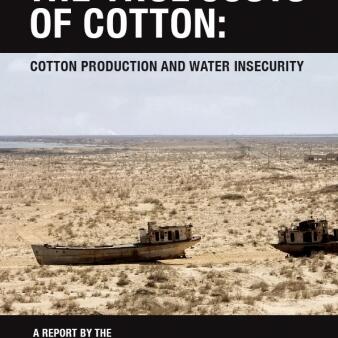 Sep 05, 2012The True Costs of Cotton: Cotton Production and Water InsecurityRead
Sep 05, 2012The True Costs of Cotton: Cotton Production and Water InsecurityReadCotton production can be a pathway to development and is an important livelihood option for millions of people. However, production can have unintended social and environmental impacts, in particular this report outlines the role that it plays in contributing to water insecurity.
Cotton is one of the thirstiest crops in the world. Each year 198 cubic gigametres (Gm3) of water are used just to grow cotton and even more is used in processing it. ‘Cheap’ cotton is fuelling unsustainable production, and consumers commonly do not pay a price which reflects these costs. More than 80 percent of the water footprint of cotton consumption in EU member states is located outside Europe, in countries such as China, Pakistan, and Uzbekistan.
The draining of the Aral Sea in Central Asia stands as one of the most damning examples of unsustainable cotton production. The Aral Sea was once the fourth largest inland sea in the world, stretching across an area of 66,000km2. In less than a generation, it has shrunk to 10 percent of its former volume.
-
Reports
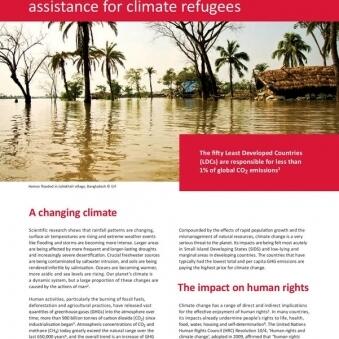 Sep 04, 2012Securing Recognition, Protection and Assistance for Climate RefugeesRead
Sep 04, 2012Securing Recognition, Protection and Assistance for Climate RefugeesReadAn EJF briefing outlining the legal void facing environmentally-induced displacees with recommendations for action for national governments and individuals.
-
News & Media
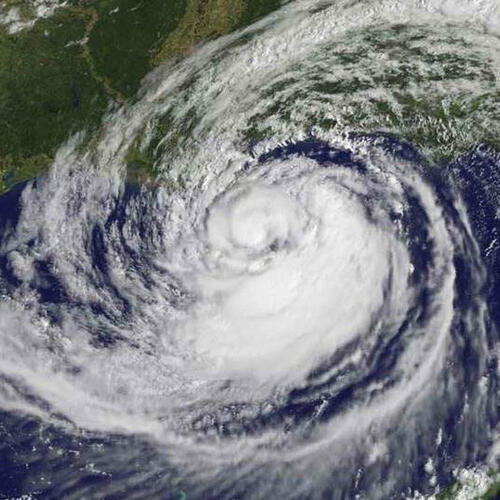 Aug 31, 2012Climate Alert: July - August 2012Read
Aug 31, 2012Climate Alert: July - August 2012Read -
Reports
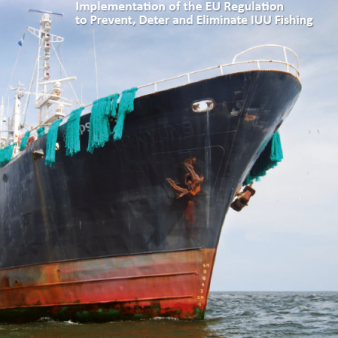 Aug 23, 2012Briefing: Through the NetRead
Aug 23, 2012Briefing: Through the NetReadImplementation of the EU Regulation to Prevent, Deter and Eliminate IUU Fishing.
-
Reports
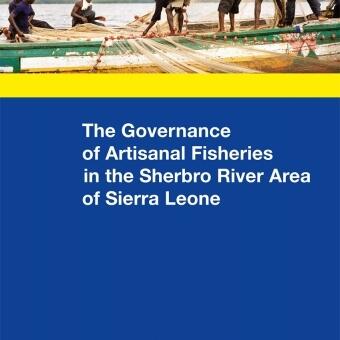 Aug 23, 2012The Governance of Artisanal Fisheries in the Sherbro River Area of Sierra LeoneRead
Aug 23, 2012The Governance of Artisanal Fisheries in the Sherbro River Area of Sierra LeoneRead
http://ec.europa.eu/europeaid/index_en.htm
This report sets out the historic and existing governance arrangements for artisanal fishing in the Sherbro River Estuary, where fishing is vital to the livelihoods and food security of local communities.
-
News & Media
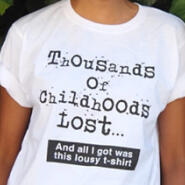 Jul 27, 2012'Thousands of Childhoods Lost... And all I got was this lousy T-shirt'Read
Jul 27, 2012'Thousands of Childhoods Lost... And all I got was this lousy T-shirt'Read -
News & Media
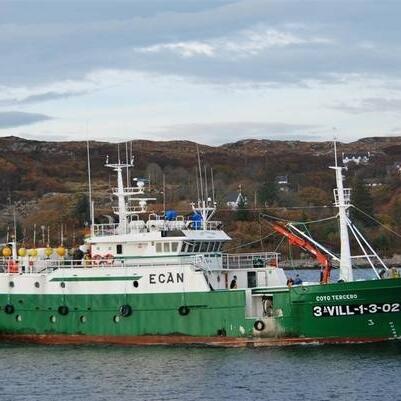 Jul 26, 2012An historic fine for illegal fishingRead
Jul 26, 2012An historic fine for illegal fishingRead -
News & Media
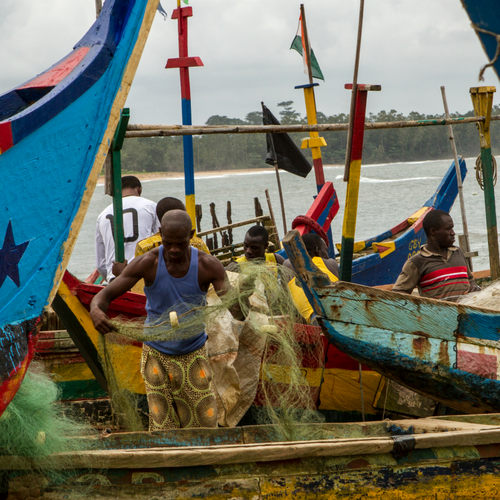 Jul 25, 2012update from ejf's oceans teamRead
Jul 25, 2012update from ejf's oceans teamRead
-
News & Media
 Jul 20, 2012An evening with... Dame Vivienne WestwoodRead
Jul 20, 2012An evening with... Dame Vivienne WestwoodRead -
News & Media
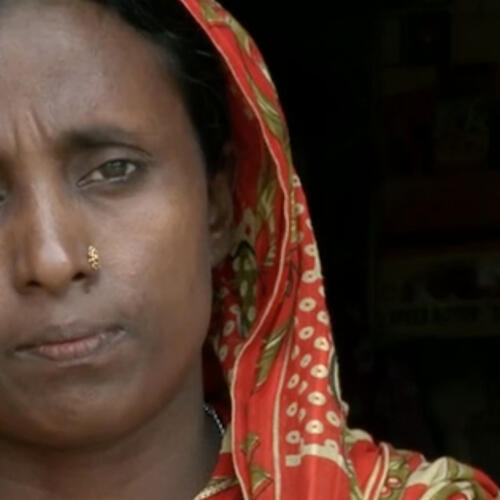 Jun 20, 2012For those homeless on World Refugee DayRead
Jun 20, 2012For those homeless on World Refugee DayRead -
News & Media
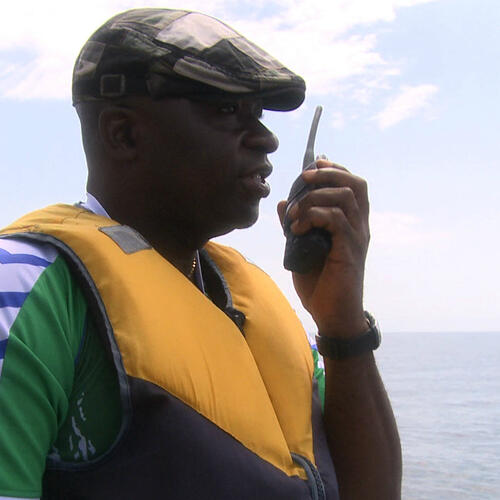 Jun 08, 2012EJF Sierra Leone Representative answers questions on pirate fishingRead
Jun 08, 2012EJF Sierra Leone Representative answers questions on pirate fishingRead -
News & Media
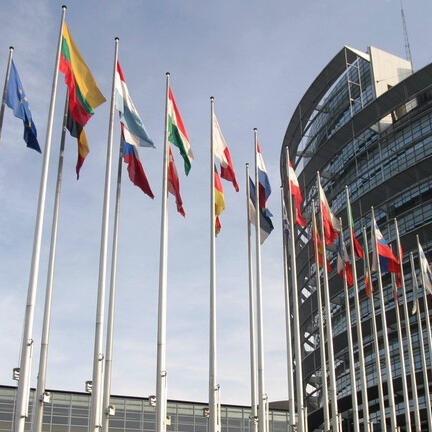 May 18, 2012European Parliament hearing calls for more action on climate change by the EURead
May 18, 2012European Parliament hearing calls for more action on climate change by the EURead
-
News & Media
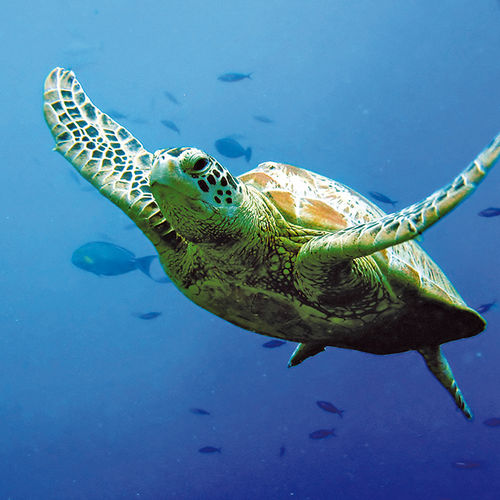 May 14, 2012Come dine with usRead
May 14, 2012Come dine with usRead -
News & Media
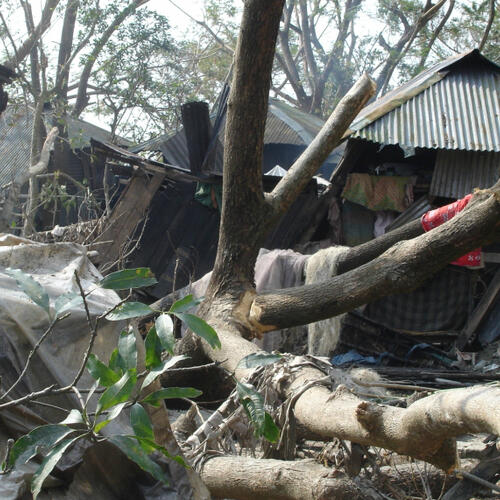 May 11, 2012Urgent call for a Special Rapporteur on climate change and human rightsRead
May 11, 2012Urgent call for a Special Rapporteur on climate change and human rightsRead -
News & Media
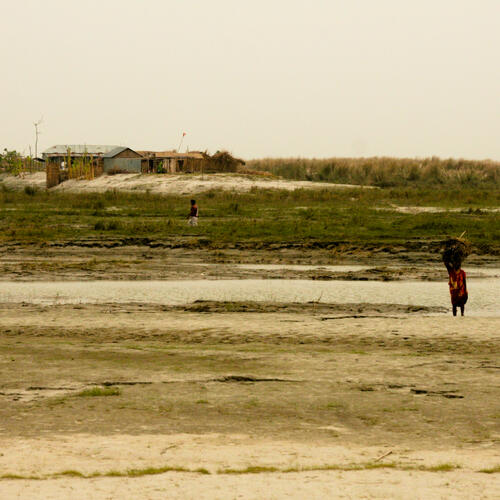 May 11, 2012BRIEFING: The impacts of climate change on human rights and forced migration in BangladeshRead
May 11, 2012BRIEFING: The impacts of climate change on human rights and forced migration in BangladeshRead -
News & Media
 May 11, 2012EJF launches new campaign actionRead
May 11, 2012EJF launches new campaign actionRead
-
News & Media
 May 01, 2012Vivienne Westwood launches war/peace t-shirt in support of climate refugeesRead
May 01, 2012Vivienne Westwood launches war/peace t-shirt in support of climate refugeesRead -
News & Media
 Mar 30, 2012A step forward by the Human Rights CouncilRead
Mar 30, 2012A step forward by the Human Rights CouncilRead -
News & Media
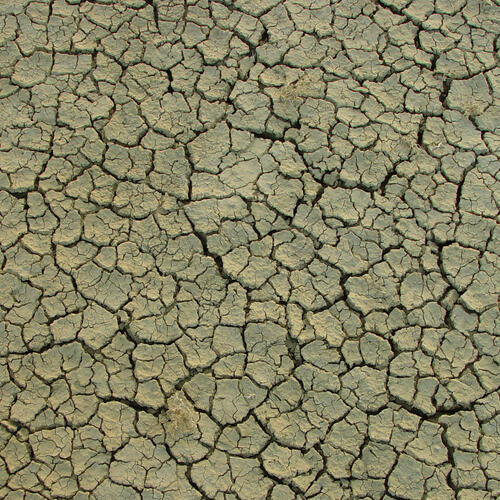 Mar 23, 2012Climate Alert: March 2012Read
Mar 23, 2012Climate Alert: March 2012Read -
Films
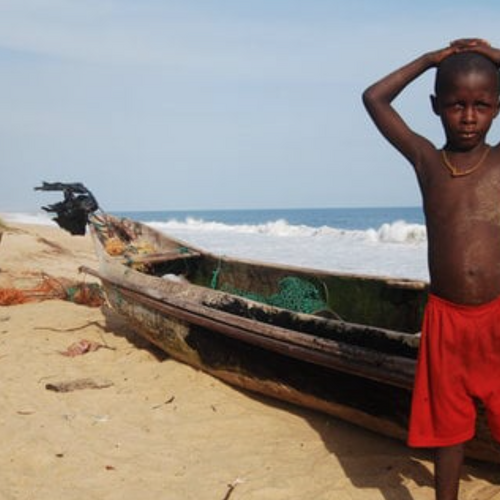 Mar 17, 2012Deadly CatchRead
Mar 17, 2012Deadly CatchReadDeadly Catch
Deadly Catch takes a closer look at the huge impacts illegal, unreported and unregulated (IUU) fishing, or pirate fishing, is having on communities in Sierra Leone.
-
Films
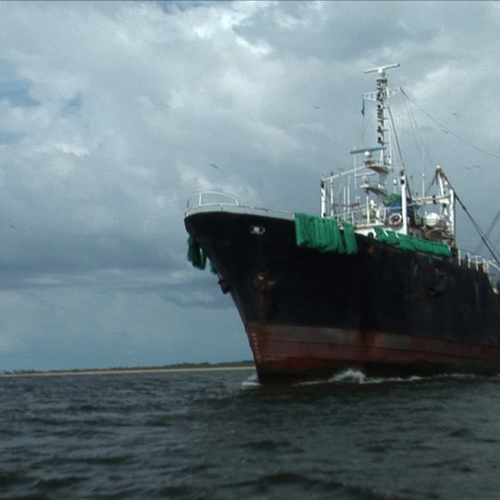 Mar 16, 2012Stolen FishRead
Mar 16, 2012Stolen FishReadStolen Fish
Stolen Fish documents the extent and impacts of illegal - or pirate - fishing off the coast of West Africa. It investigates who the pirates are and the sophisticated ways they launder their illegal catches into the European market so that the fish ends up on our plates.
-
Films
 Mar 15, 2012Cod Save The SeaRead
Mar 15, 2012Cod Save The SeaReadCod Save The Sea
Watch EJF's new video following the launch of the new Cod Save The Sea T-shirt at London Fashion Week 2011.
The Cod Save The Sea T-shirt is part of The Rodnik Band’s Spring/Summer 2012 collection inspired by EJF’s work to end pirate fishing.
The Rodnik Band, who caused a stir at New York and London Fashion Weeks this season, created a collection of the brand's signature "art dresses", from aquatic shades of fish to chips-shaped ball gowns and submarine trench coats.
Get your Cod Save The Sea T-shirt at http://www.just-for.co.uk/.
-
Films
 Mar 15, 2012High and DryRead
Mar 15, 2012High and DryReadHigh and Dry
EJF looks at water footprints with a focus on water in cotton production and the demise of the Aral Sea which shrunk to 10% of its former volume due to irresponsible cotton production in the region.
-
News & Media
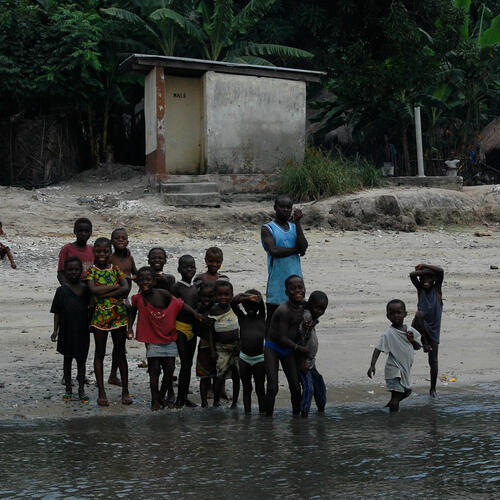 Mar 15, 2012Illegal fishing plunders and strains West AfricaRead
Mar 15, 2012Illegal fishing plunders and strains West AfricaRead
